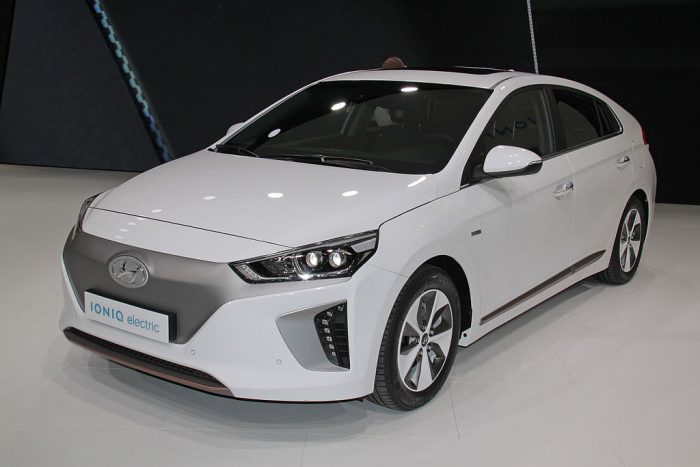Now Reading: Elliott calls on Hyundai to increase returns, review assets
-
01
Elliott calls on Hyundai to increase returns, review assets
Elliott calls on Hyundai to increase returns, review assets

Hedge fund Elliott on Tuesday renewed pressure on Hyundai Motor, prompting it to return $10.6 billion of capital to shareholders and look forward to sell non-core assets, consisting of costly land it bought in Seoul for new headquarters.
The call came after Hyundai posted a drop in third-quarter revenues in late October, hitting its shares and striking hopes of better shareholder returns.
In May, Hyundai Motor, backed by founding family members, arranged a ownership restructuring plan that would have given the son of its aging chairman more control of the conglomerate, after opposition from Elliott.
In September, Elliott, operated by billionaire Paul Singer, made a fresh proposal for Hyundai’s ownership structure and talked about adding new independent directors to its respective boards.
In an open letter yesterday, Elliott called on the automaker to return up to 8 trillion won ($7.1 billion), or 31 percent of its market value, and for its parts affiliate Hyundai Mobis to return 4 trillion won, or 22 percent of its market capitalization, to shareholders, ideally by share buybacks.
Elliott stated Hyundai Motor Group, regardless of having “excess capital,” lagged behind automakers such as General Motors and Toyota Motor in shareholder returns, mentioning a report by consultancy Conway MacKenzie.
Elliott asked Hyundai to evaluate its non-core assets, “with an eye toward divesting assets that are either underutilized or contribute low returns”.
It stated the assets consisted of land Hyundai bought in 2014 for 10.55 trillion won, over triple the appraisal value, to construct headquarters in the affluent district of Gangnam in Seoul.
“Given the cost of delay and the lack of progress made thus far, Elliott also reserved the right to put forward the various recommendations as shareholder resolutions in the next general meetings,” it stated.
Elliott, which challenged Samsung Electronics in 2016, called on Hyundai to join the South Korean electronics giant in expanding its board, enhancing shareholder returns and addressing a complex shareholding structure.
Stay Informed With the Latest & Most Important News
Previous Post
Next Post
-
 01Polestar Boss Says It’s Time To Outrun BMW M And Mercedes-AMG
01Polestar Boss Says It’s Time To Outrun BMW M And Mercedes-AMG -
 02Spy Shots: 2027 Mitsubishi Pajero Spotted in Testing Ahead of Possible U.S. Return
02Spy Shots: 2027 Mitsubishi Pajero Spotted in Testing Ahead of Possible U.S. Return -
 032026 Toyota Hilux EV: A Powerful Truck with Silent Torque
032026 Toyota Hilux EV: A Powerful Truck with Silent Torque -
![2027 Mercedes-Benz S-Class Debuts with V8 Engine [Photo Gallery]](https://speedlux.com/wp-content/uploads/2026/01/2027-Mercedes-Benz-S-Class-33-155x125.jpg) 042027 Mercedes-Benz S-Class Debuts with V8 Engine [Photo Gallery]
042027 Mercedes-Benz S-Class Debuts with V8 Engine [Photo Gallery] -
 052026 Corvette ZR1 Production Surges Past Expectations as Output Clears 1,000 Units
052026 Corvette ZR1 Production Surges Past Expectations as Output Clears 1,000 Units -
 06Spy Photos: VW ID. Polo GTI Goes Electric with 223 HP and 280 Miles of Range
06Spy Photos: VW ID. Polo GTI Goes Electric with 223 HP and 280 Miles of Range -
 07Hyundai Palisade’s Breakout Year Shows How Quickly the Market Can Turn
07Hyundai Palisade’s Breakout Year Shows How Quickly the Market Can Turn



![2027 Mercedes-Benz S-Class Debuts with V8 Engine [Photo Gallery]](https://speedlux.com/wp-content/uploads/2026/01/2027-Mercedes-Benz-S-Class-33-700x394.jpg)











































